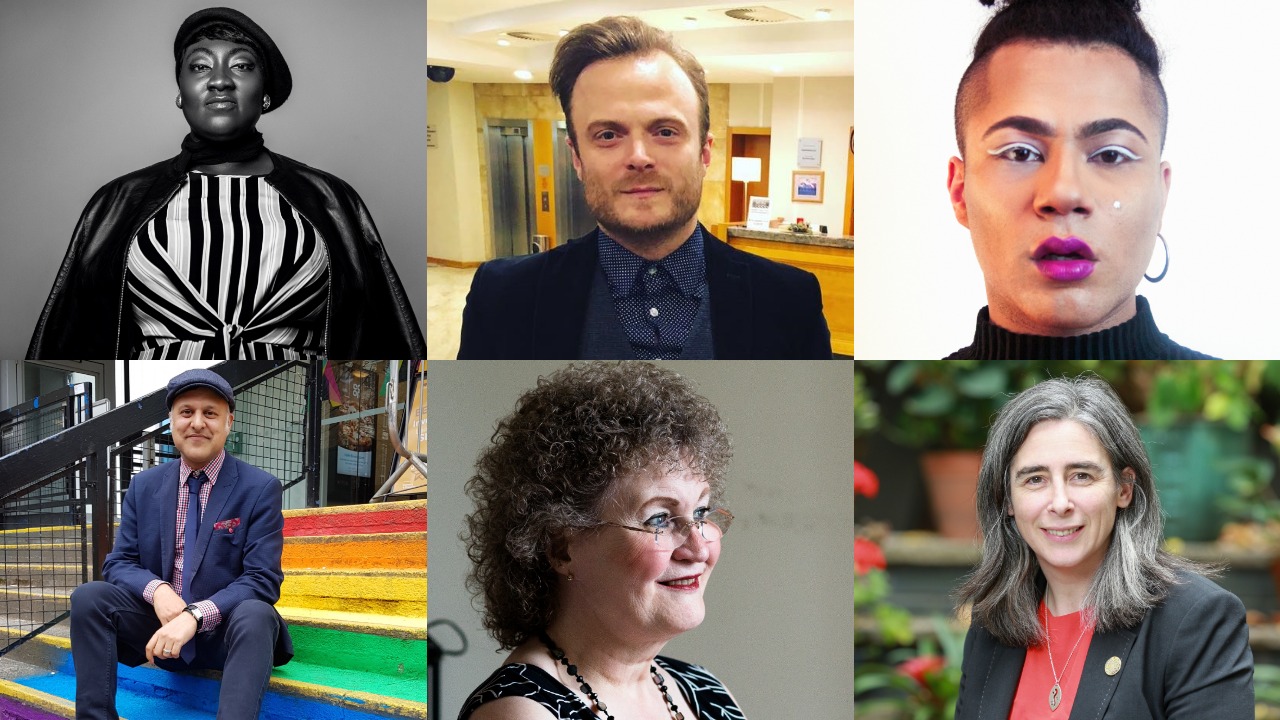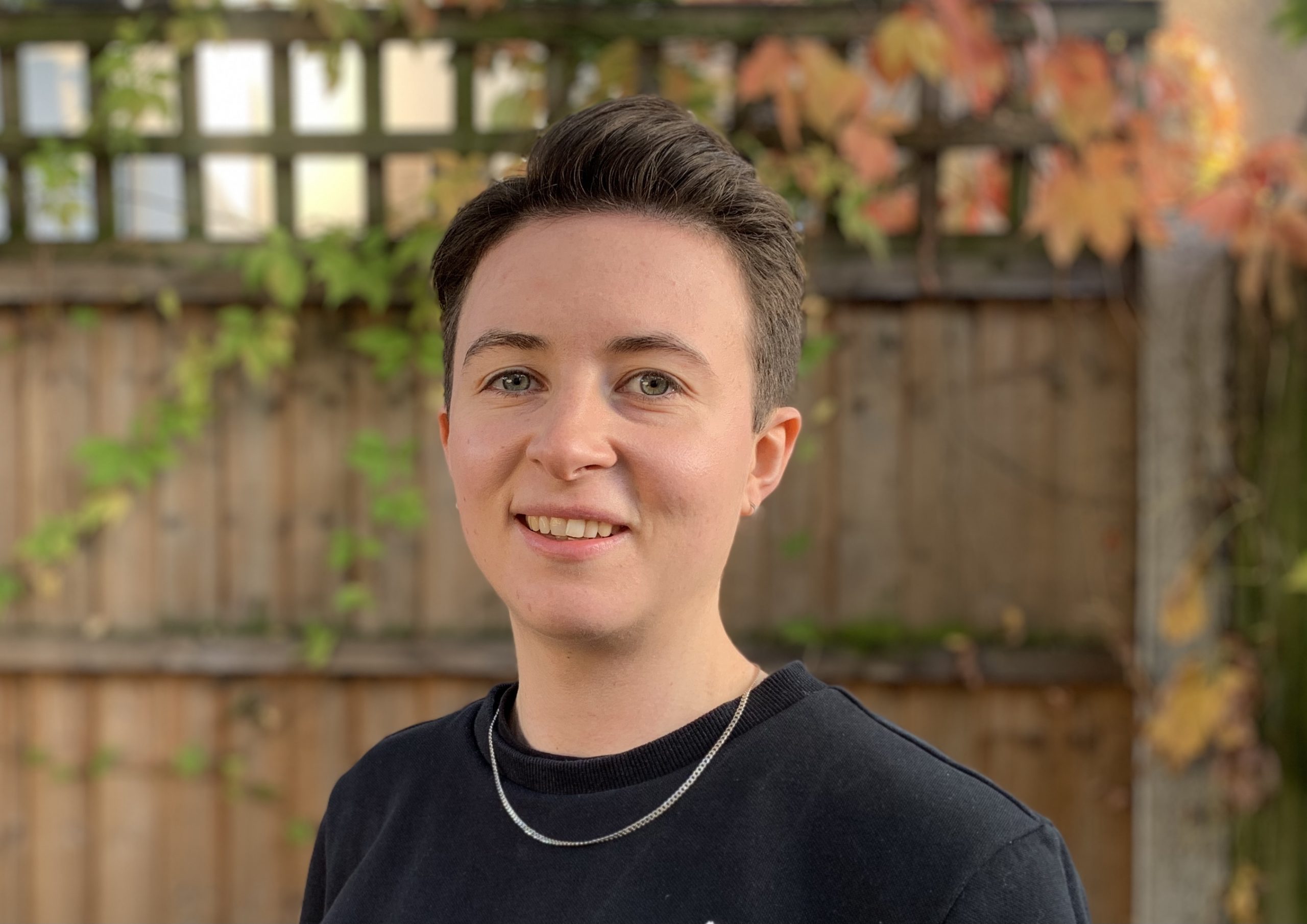Today marks the International Day Against Homophobia, Transphobia and Biphobia (IDAHOBIT). RightsInfo speaks to Lady Phyll and other campaigners from the LGBT+ community about what the event means to them – and their continued fight for equality.
Lady Phyll, Co-Founder Of UK Black Pride And Incoming Executive Director Of Kaleidoscope Trust
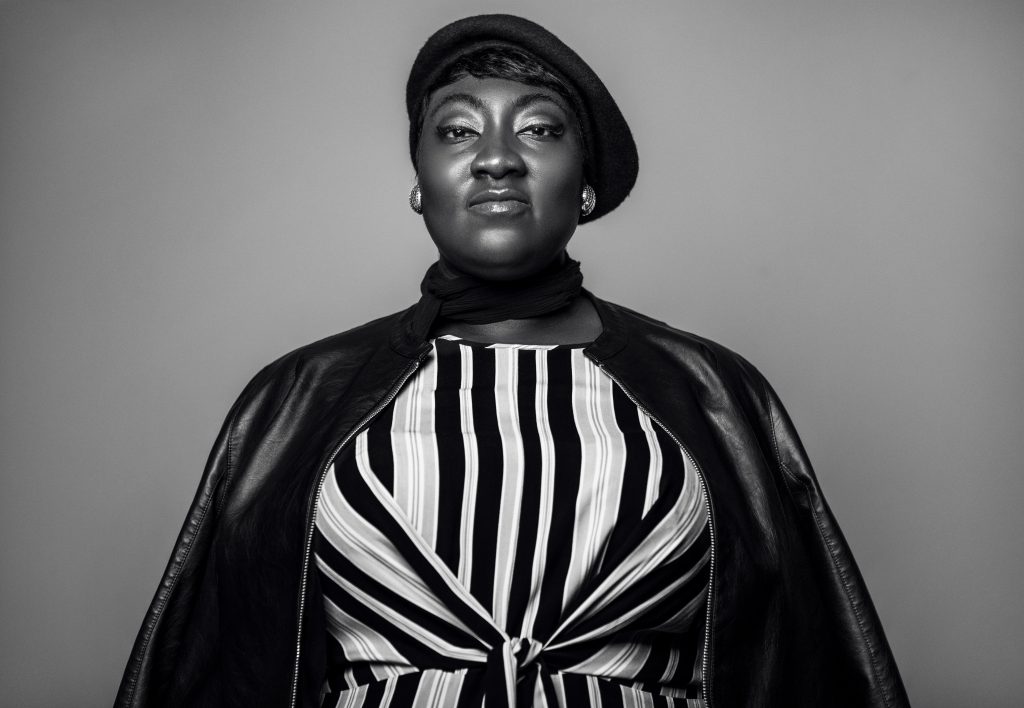
Image Credit: Kofi Painstil for Gay Times
What does IDAHOBIT mean to you?
“Audre Lorde reminds us there is no such thing as a single-issue struggle because we do not live single-issue lives. My experience as a queer Black woman, mother and activist informs how I see and interact with the world around me. I know that we won’t be free until the most marginalised among us are, and IDAHOBIT is an important moment for those in other parts of the world, who don’t enjoy the rights we do, to know that we are fighting for them, too.”
What do we still need to do to achieve LGBT+ equality?
“Two main things have to happen simultaneously. The LGBTQ community has a lot of work to do among ourselves to stamp out racism, sexism, transphobia, misogyny, body shaming, the lot. As queer Black people, too much of the disregard we experience comes from within the community. At the same time, we need to make sure more LGBTQ people from the most marginalised communities, including our disabled siblings, have the means, access and opportunities others have. ”
If you are comfortable, please could you talk about the discrimination you face?
“Before people know I’m a lesbian, they see that I’m a Black woman. Moving through the world as a Black woman is the same as it’s ever been. People push past me, ignore me, give me dirty looks, call me the n-word, speak over me in meetings, mansplain, and tell me I’m ‘so articulate.'”
How can people be better allies to the LGBT+ community?
“To be a better ally is to be a better listener. Marginalised communities have been shouting about what we need for a very long time and people in positions of power aren’t listening. Allyship means you listen and you act according to what you’ve been told is needed. Allyship is asking what the gender and ethnic diversity is before you agree to that panel discussion. If it isn’t diverse, decline the opportunity and suggest they find someone who doesn’t normally get air time.”
Claire Harvey, British Paralympian
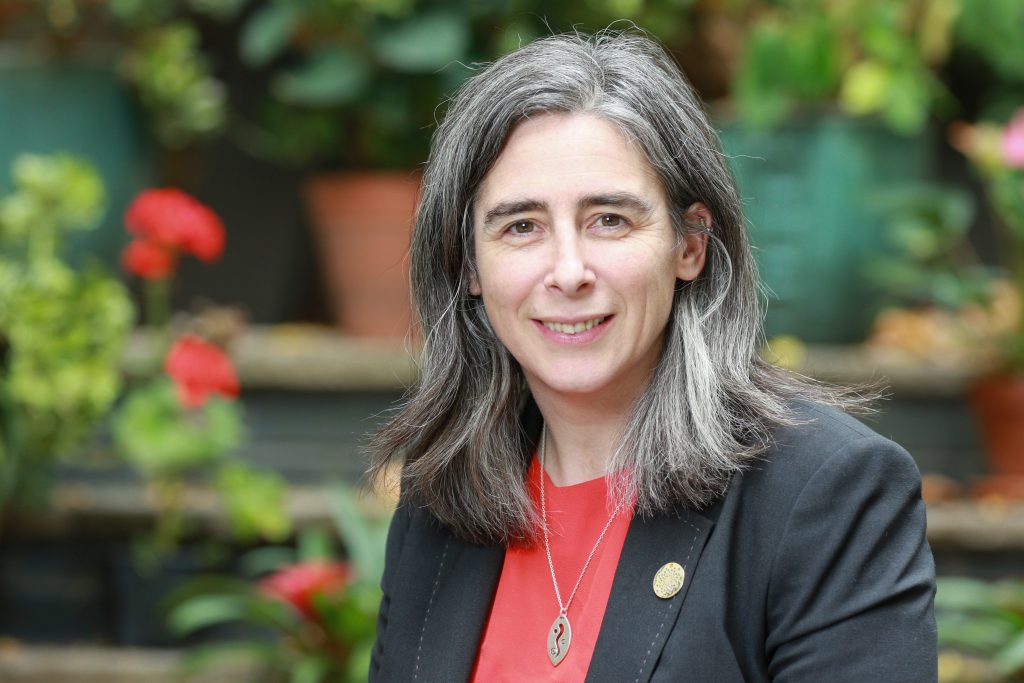
Image Credit: Courtesy of Claire Harvey
“IDAHOBIT is a day to reflect and focus people’s attention on some of the awful things that have happened historically, and how we need to remember to never go back there. We need to remind ourselves that we all have a role to play. We’re not equal until we all are. We have need to stop the infighting within our own community, too.
“Young disabled people are often so isolated – then when you add on being LGBT+, that’s a whole other level of isolation. We need to work hard to provide role models. We need to work hard to be inclusive in all of the things we do for everybody. In my own experience, the amount of events [I get invited to], where I get told: ‘Do you want to come to this? Oh, by the way, it’s up a set of stairs. Is that okay?’ No it’s not. It’s always an afterthought, and that’s still a challenge.”
Travis Alabanza, Performance Artist And Writer
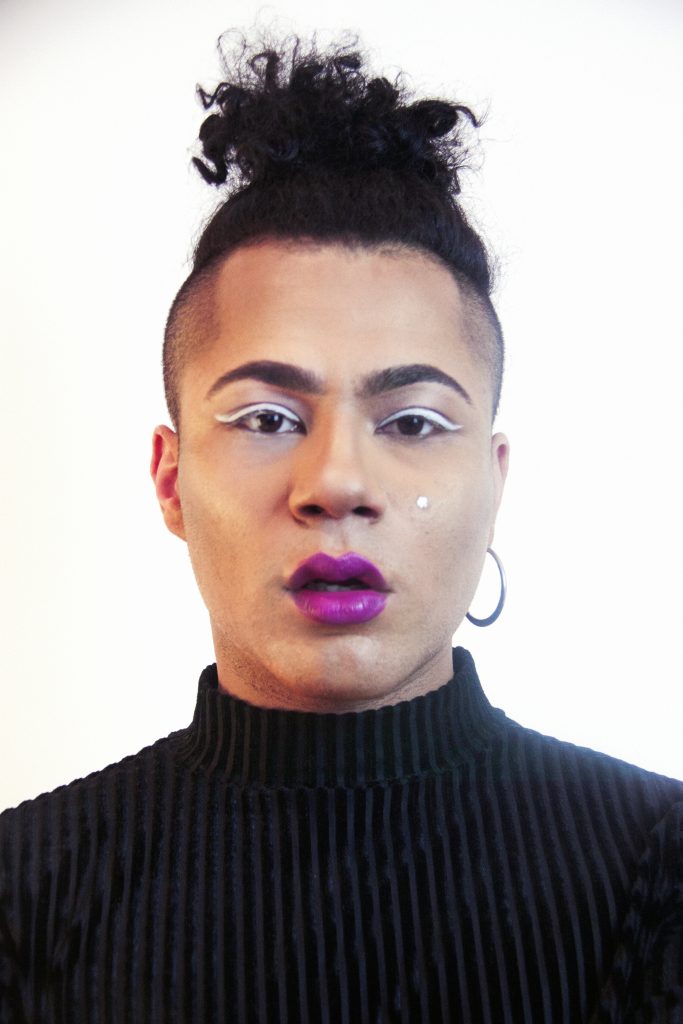
Image Credit: Elise Rose
“I think to be gender non-conforming and black and trans and feminine is to be intimate and know violence well. It is something we learn to navigate in lots of ways. What days like [IDAHOBIT] allow us to do is to hopefully create a moment to join in solidarity with others whose lives are affected by violence caused by homophobia, biphobia and transphobia. Our community is so wide and nuanced – we all experience these structures differently. Days like this allow us to listen to others.
“My theatre show Burgerz, which recently announced its return tour, follows the moment someone threw a burger at me in broad daylight on Waterloo Bridge. No one did anything. As part of Burgerz, I went round the country having dinner with trans people and, unfortunately, many people shared experiences of having food, objects or fists thrown at them in the street. Discrimination does not just fall on one moment. It can’t be pinpointed like that when queer and trans people – particularly those of colour – still have less access to healthcare, job security, housing, and intimacy.”
Dominic Arnall, Head Of Programme Management At Mind And Chair Of LGBT+ Mental Health Charity MindOut
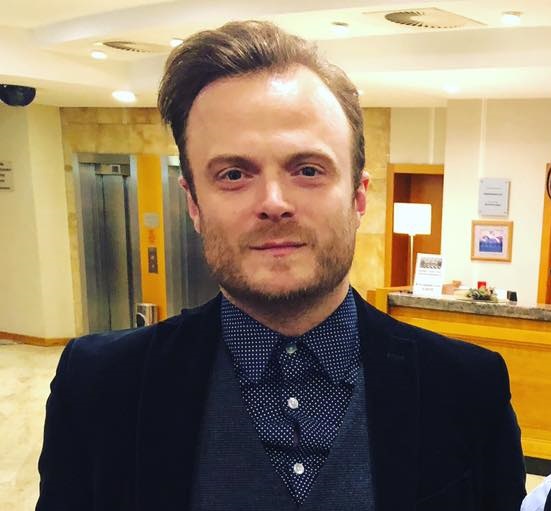
Image Credit: Courtesy of Dominic Arnall
“IDAHOBIT is a day to think about LGBTQ people around the world and our diversity of experiences and challenges. I also think it’s a symbol of how the community has become more inclusive – the T was added after the H, and the B was added relatively recently.
“I’m married, so being bisexual doesn’t come up unless I want it to. But I’d say, like most bi people, I’ve had jokes made [about me] and been made to feel unwelcome in queer spaces. There’s an assumption that bi people are unreliable, unfaithful or confused. They may be all these things or none, but it’s not related to your sexual orientation or more common for bi folk than anyone else. We need to make sure bi people are a part of LGBTQ organising and that we’re included in articles, events and queer spaces.”
Christine Burns, Political Activist & Editor Of Trans Britain
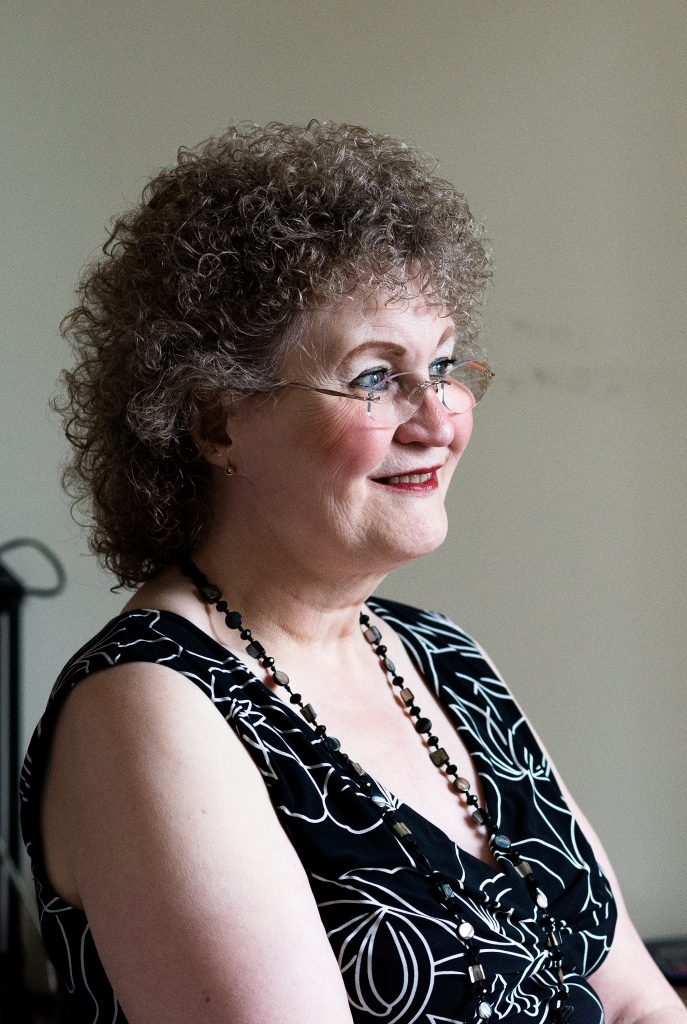
Image Credit: Kieron Chrisham, Pholux Foto
“I see today as a strategist. We need to have days like this to concentrate all our guns in one place, so that we’re loud enough to be heard. The realities of the struggle continue…I desperately want to focus on other things – I’m interested in the climate, and I’ve got grandchildren, who I want to be able to survive, and all the things that are women’s issues. But I can’t rely on other people outside of our communities to talk about our issues, so we have to talk about that too. We have to multi-task.
“We need to get back on track. We desperately need people to step up and carry some of the weight. We cannot progress with our equality objectives without dealing with the tsunami of lies about who trans people are and what we want.”
Khakan Qureshi, Founder Of Birmingham South Asians LGBT – Finding A Voice
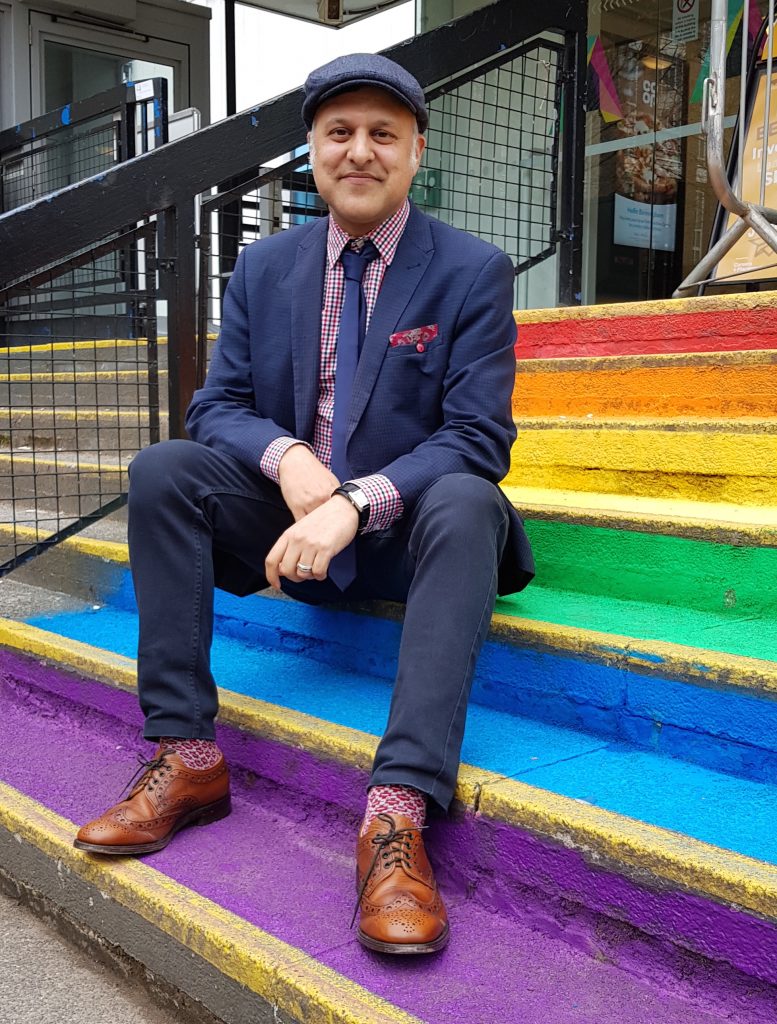
Image Credit: Courtesy of Khakan Qureshi
“It’s important that all voices are heard. For those from race backgrounds and cultural backgrounds, especially with the Parkfield school protests, it’s a clash of identities. On the one side, we want to affiliate with the LGBT part of our identity, but, at the same time, certain sects of the Muslim community are making it difficult for us to speak up. We need to have that dialogue and that discourse, so we can have a good resolution.
“It’s a shame and quite frightening that people are being attacked just for being themselves – for being LGBT, for being Muslim, for being both. I want people to be less defensive as to how individuals express themselves, and learn to embrace the differences within the cultures and communities that we exist.”

